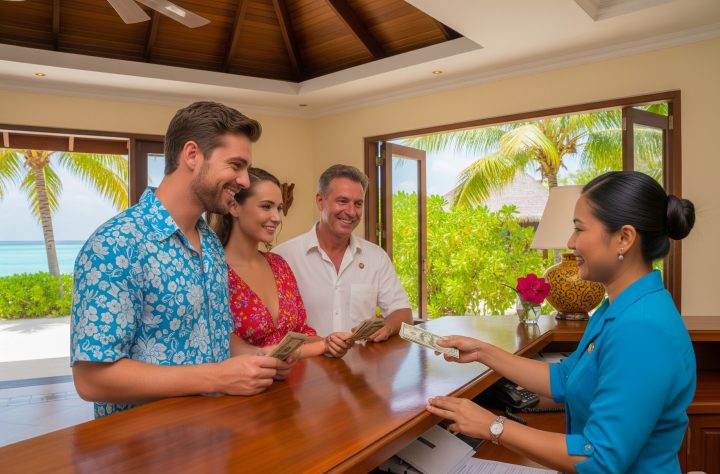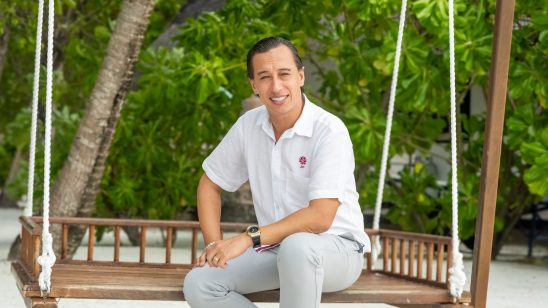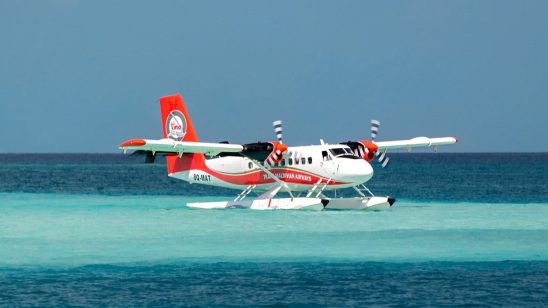
Tourism sector reels under new currency rules: Investors, operators voice alarming concerns
The Maldives’ tourism-dependent economy is facing growing unrest among investors, resort operators, and industry stakeholders following the government’s enforcement of a new foreign exchange regulation. Marketed as a step toward economic stabilization, the regulation mandates foreign currency earners—primarily resorts and tourism businesses—to convert a significant portion of their earnings through the local banking system. But on the ground, the impact is proving to be anything but stabilizing.
Investors, both existing and prospective, are increasingly wary. “What we’re seeing now is a confidence crisis,” said one long-time international investor in the Maldives’ resort sector. “This kind of government interference—especially the sudden and mandatory nature of it—has made it very difficult for us to justify long-term commitments.” Several investors echoed that the unpredictability of policy changes, including ad hoc rules and shifting tax rates, creates a climate of instability that is fundamentally incompatible with sustainable investment.
Resort operators are equally troubled. Many report that the forced currency conversions are causing direct financial losses. “Every time we’re compelled to exchange USD at the official rate and repurchase it at the parallel market rate for operational needs, we lose value,” explained a finance director at a mid-sized resort. The difference between the official exchange rate of MVR 15.42 and the parallel market rate—reportedly over MVR 20 per dollar—is now one of the starkest indicators that the policy is failing to meet the demand for foreign currency. The result is increased transaction costs and a growing dependency on informal channels.
Operators of lower-tier resorts are particularly vulnerable. Properties with low average daily rates or lower profit margins are finding the conversion mandates nearly unworkable. “We’re barely making ends meet,” said a general manager of a resort in Raa Atoll. “If 60% of our earnings must go through the bank and we can’t access USD when we need to pay suppliers, then this business model becomes unsustainable.”
These disruptions are cascading into supply chains. The Maldivian resort sector is fundamentally dependent on imports—fuel, food and beverage, building materials, spare parts, and more. The inability to access sufficient foreign currency on time has led to delayed shipments, higher procurement costs, and stalled maintenance projects. Compounding the problem is the heavy reliance on foreign labor. Resorts now struggle to pay expatriate staff in USD, pushing some workers to seek employment elsewhere in the region. “We’ve already lost two engineers who couldn’t accept being paid in MVR,” reported an HR manager at a major resort brand. “They need dollars to send money home. If we can’t pay them in USD, we lose them.”
Stakeholders also raise concerns about the opaque nature of the regulation. Several operators expressed fears of selective enforcement, favoritism, and even corruption, as certain entities appear to receive exemptions or preferential treatment. The lack of a clear and uniform implementation framework has only deepened distrust in the system. “We don’t even know who’s subject to the rule and who isn’t anymore,” said one operator. “It feels arbitrary.”
Monitoring compliance has added another layer of complexity and cost. “We now have to allocate internal resources just to track and report currency exchanges,” explained a financial controller. “It’s time-consuming, and we still get conflicting guidance from the authorities.” For many, the administrative burden is beginning to rival the financial one.
There is also growing frustration over a prevailing narrative that resort operators are hoarding dollars—something stakeholders vehemently deny. “We’re audited, we follow USALI standards, and our books are monitored by banks that conduct their own due diligence before approving loans,” said the CFO of a leading hospitality group. Resorts publish service charge distributions weekly and maintain transparent financial records. “To imply that we’re sitting on millions in offshore accounts is not only false—it’s harmful.”
Behind much of the policy is an effort to bolster national reserves and service external debt, but resort owners argue this is being done at their expense. The commercial banking system has become starved of usable foreign currency, even as reserves on paper appear stronger. “The central bank may have more USD now,” one executive remarked, “but what good is it if the real economy is gasping for breath?”
Ultimately, stakeholders are urging a rethink. Industry voices suggest that without a more flexible, market-aligned mechanism to ensure timely access to foreign currency, the regulation will continue to harm the very sectors it depends on to generate foreign revenue. “We understand the need to manage reserves,” said a board member of the Tourism Association. “But you cannot starve the engine that drives the economy and expect it to keep running.”
As the gap widens between policy intentions and economic realities, the Maldives may find that the cost of maintaining foreign exchange reserves through forced conversions is far greater than anticipated—measured not in percentages, but in lost investors, broken supply chains, and an erosion of confidence in the system itself.






